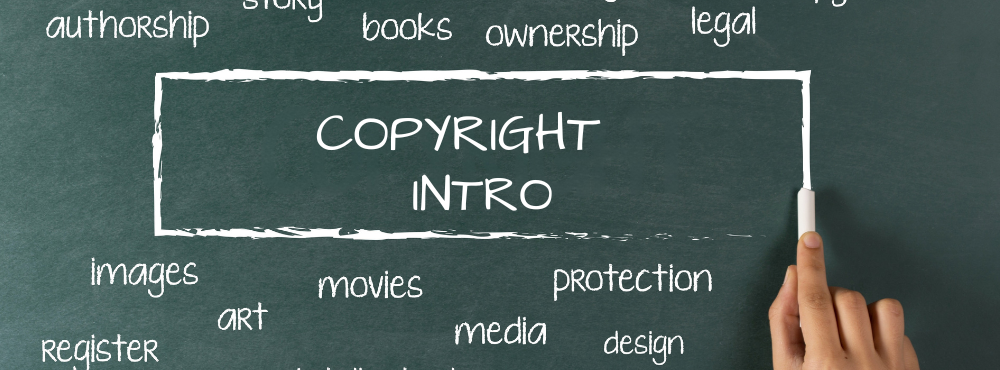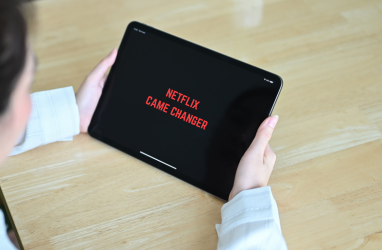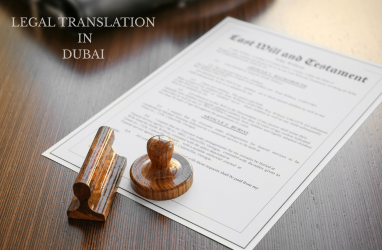Copyright is a form of Intellectual Property (IP) that protects original works of authorship such as literature, music, and software. In today’s digital world, creators have endless opportunities to share their work—but they also face growing threats like copyright infringement and piracy. Understanding what copyright is and how it protects your work is more important than ever.
Only copyright registration can prevent the serious menace of piracy. To understand the importance of copyrights, it is essential to check its basics:
- What is a copyright?
- How to protect creative works through copyrights?
Consider this blog as an introduction to copyrights, where you can learn the basics of copyright protection and how to apply them to protect your creative works. Let us dive in:
What is Copyright and How Does It Work?
Copyright is a type of intellectual property (IP) protection that gives creators legal rights over their original works. These may include artistic, literary, musical, or digital works such as software. Knowing what copyright is helps you understand how to control the use of your creations and avoid potential copyright infringement.
The primary goal of copyrights is to promote the creation and dissemination of creative works for public benefit.
What Does Copyright Protect? A Guide to Eligible Works
Copyrights commonly protect works including:
- Literary works (novels, poems, plays, reference works, newspaper articles etc.)
- Computer programs, databases
- Films, musical compositions, and choreography
- Paintings, drawings, photographs, and sculpture
- Architecture
- Advertisements, maps, and technical drawings
Limitations of Copyright Protection
While copyright protection is broad, it does have limitations. Understanding the limitations of copyright protection helps clarify what can and cannot be legally enforced. It basically protects creative expressions and not,
- Ideas
- Procedures
- Methods of operation
- Mathematical concepts
- Slogans or logos
- Simple geometric shapes
- List of ingredients
Who is the owner of a copyright?
Typically, copyright protection grants ownership to the original creator of the work.
Who cannot own a copyright?
The creator cannot own a copyright if he or she:
- Created the work during their job (in this case, the employer is the copyright owner)
- The work was commissioned and the right belongs to the buyer
- The ownership was sold or transferred to another party (the recipient is the owner in such cases)
What Makes a Work Eligible for Copyright Protection?
A work of authorship becomes eligible for copyright protection if it meets two criteria:
Originality: It means the work is independently created and not copied from a previous work. This requirement is not comparable to the ‘novelty’ or non-obviousness requirement under the patent regime.
Fixation: This copyright requirement means that the work of authorship is fixed in a tangible medium of expression. It means the work is fixed on a medium that allows it to be perceived, reproduced, or otherwise communicated.
Importance of Copyrights: Why Copyright Protection Matters
Copyright is important as it,
- Grants creators the exclusive right to use, reproduce, and distribute their copyrighted work
- Serves as an incentive for innovation and creativity
- Provides the creators with economic incentives for their efforts
- Prevents infringement or piracy
- Ensures your IP rights remain yours
- Allows creators to monetize it
When does copyright protection commence?
Technically, copyright protection begins as soon as the creator creates the work in a tangible medium. However, for legal purposes, it is advisable to conduct copyright registration as soon as possible.
What is copyright infringement?
Copyright infringement occurs when someone uses, reproduces, or distributes a copyrighted work without the creator’s permission. It’s one of the most serious risks creators face in the digital age. Understanding what constitutes copyright infringement is key to protecting your intellectual property.
Creating a derivative work from a copyrighted work without authorization is also considered copyright infringement.
Can I use copyrighted material without permission?
Generally, people are not allowed to use a copyrighted work without obtaining permission from the copyright owner. However, in some cases, the use of copyrighted works is possible if the user meets the ‘fair use’ conditions.
In this case, it is advisable to consult with an IP agent or attorney for advice.
Copyright, Trademarks and Patents
What is the difference between copyrights, trademarks and patents?
| Copyrights, Protects original works like books, films, publications, photographs .
| Trademarks, Protects the brand of a source of goods or services such as distinctive names, logos, fonts and slogans.
| Patents, Protects inventions that are original.
Why You Should Register Your Copyright: Key Benefits
You may wonder why you should register your work if copyright protection is automatic.
Of course, copyright protection automatically kicks off the moment your work is created. Registration is not mandatory for protecting a work of authorship. However, more aspects define the importance of copyrights and therefore, registration is highly recommended.
Some of the copyright registration benefits include:
- Power to act against infringement: You can file a lawsuit against an infringer
- Proof of validity: Registration serves as an evidence to prove your copyright is valid
- Statutory Damages: Copyright registration enables you to claim statutory damages and the fee of the IP attorney
- Stop Importation of Pirated Works: If someone is importing pirated versions of your work, copyright registration helps you stop the importation.
Consequences of Not Registering Copyrights
Since copyright registration is automatic, you may refrain from performing it. However, you may rethink after reading the following consequences of not registering copyrights:
- Lesser chances of reproducing the original work as opposed to those who registered the work
- Difficult to prove ownership over the work
- Higher risk of unauthorized copying or reproducing
- Difficult to take infringers to court
Creating a Strategy for Copyright Protection
If you are keen on protecting your original works, it is imperative to develop a strategy. A robust copyright strategy will include the following elements:
- Have an accurate idea of “What is a copyright?”
- Understand the importance of copyrights.
- Set a clear objective.
- Conduct copyright registration
- Allocate adequate resources for copyright protection and enforcement
- Register and enforce copyrights in foreign markets
Final Thoughts: What is Copyright and Why You Should Protect It
This guide has not only explained what copyright is, but also shown you how copyright protection can safeguard your creative work. From understanding the basics to learning the value of copyright registration, we hope you now feel better equipped to protect your intellectual property.
Now, you need to think about practically applying this guidance to your work. Unregistered copyrights offer no benefit to your work. Infringers can use, reproduce or distribute your works without your permission.
Registering your copyrights in relevant jurisdictions is the best way to ensure 100% protection for your creative works. Registered copyrights also validate your ownership over a work. Abou Naja Intellectual Property can help you register your copyrights. We are one of the top copyright firms in the Middle East with more than 50 years of experience.
If you have an original work that warrants copyright protection, email us at [email protected]



